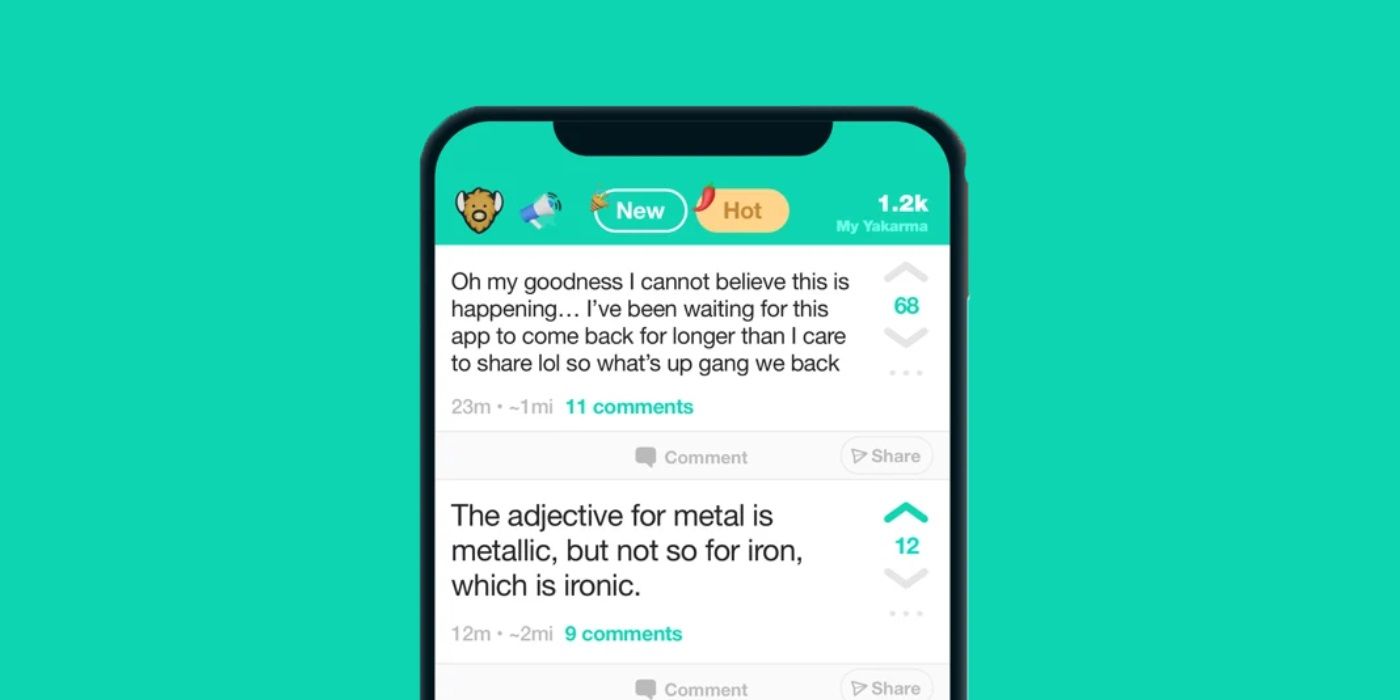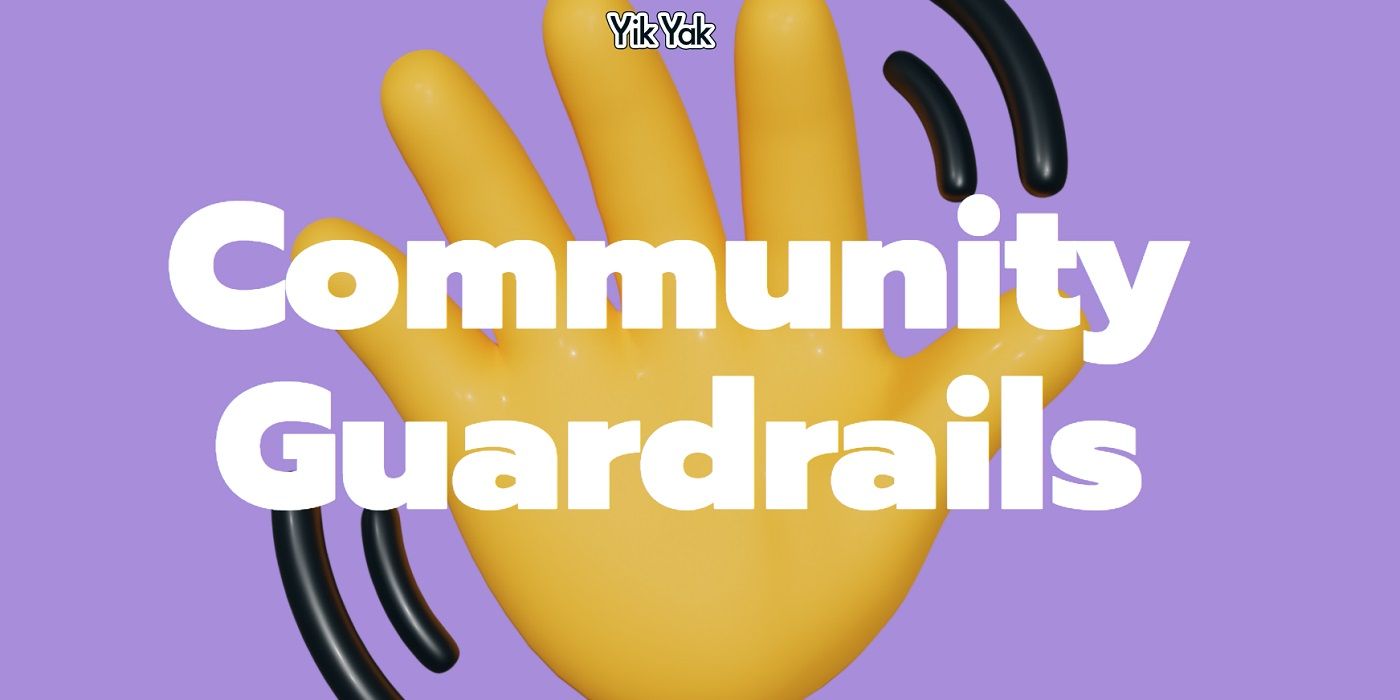The once-popular social media app Yik Yak has reappeared on the iOS store. Released in 2013, the app was created by Tyler Droll and Brooks Buffington while the two attended Furman University. The main appeal of Yik Yak was how users were able to use the app while remaining completely anonymous by being grouped into “herds.” Yik Yak herds are made up of users living within five miles of each other and users only see posts from members of the herd they are a part of. At its best, this system created tight-knit anonymous communities of people who lived in the same geographical area, ensuring that news about weather, traffic or community events were relevant to everyone who would see them.
Much of the app’s popularity can be attributed to college campuses, and the service was valued at around $400 million at its peak. However, and because of the app’s commitment to anonymity, Yik Yak suffered with online harassment and abuse issues. In 2016, the app forced users to create usernames for their account that would appear on all their messages, eliminating much of the service’s anonymous appeal. In 2017, after laying off most of the staff, Droll and Buffington sold some of the app’s IP and engineers to Square for $1 million and shut the app down.
Now, Yik Yak is back and under new management after being purchased in February. Based in Nashville, Tennessee, the new Yik Yak Inc. has published a manifesto detailing the company’s intentions with restoring the controversial app. The company wants this new iteration of Yik Yak to provide “risk-free, lens-free spaces to be vulnerable, to be curious, and to learn more about the people around us” without having users view each other through “labels.” The app also has a new, strict policy on dealing with cyberbullying. Users who post hurtful messages, make threats, share someone else’s personal information, or otherwise violate the app’s terms of service will be banned from the app. Also, posts that receive five downvotes will be instantly removed from the herd message feed, cutting off further engagement.
Can Yik Yak Stage A Comeback?
The company behind Yik Yak’s return has also posted an extensive guide to the app’s community guardrails, which detail what information users can be banned for sharing, and how users should generally interact with Yik Yak. Alongside requesting users not to post anything promoting harassment, they are also expected to avoid posting spam, unauthorized promotional material, misinformation, or explicit sexual content. Depending on what guidelines a user violates, the offending post will either be deleted or the user will be banned.
If the community guidelines and terms of service on the Yik Yak website are diligently and consistently enforced, then it stands to reason the app could once again become a popular communication method for the audience that made the app popular to begin with. As COVID-19 restrictions are starting to be lifted at many universities, dorms that remained empty for more than a year will start filling up once again. With students back to occupying walkable communities, it makes sense that an app like Yik Yak could become a hit, providing they are willing to give another app their general location data. The real question, however, is whether Yik Yak can build a strong user base outside of that demographic?
Source: Yik Yak


